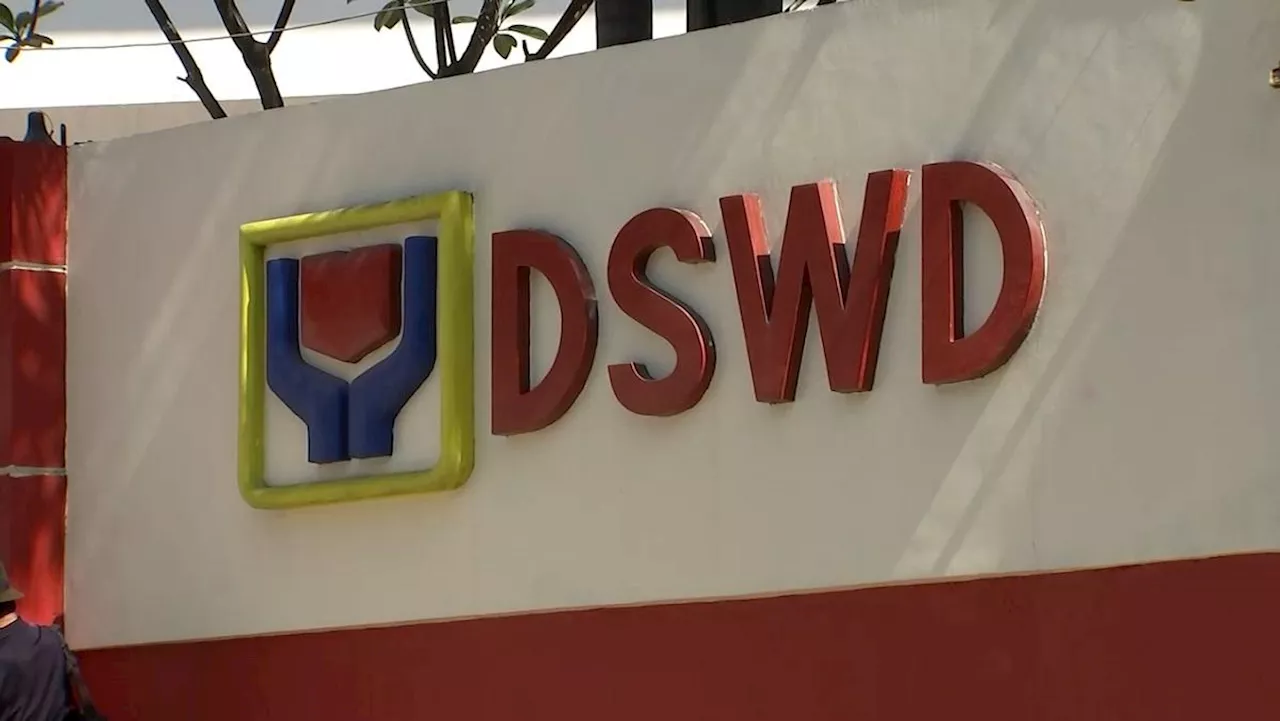The Department of Social Welfare and Development (DSWD) is taking steps to ensure the integrity of the AKAP program by implementing stricter guidelines to prevent its use for political purposes.
The Department of Social Welfare and Development (DSWD) is strengthening its guidelines for the implementation of the Ayuda Para sa Kapos ang Kita ( AKAP ) Program to prevent its use for political gain.
DSWD spokesperson Assistant Secretary Irene Dumlao stated that Social Welfare Secretary Rex Gatchalian has collaborated with counterparts from the National Economic and Development Authority (NEDA) and the Department of Labor and Employment (DOLE) to develop enhanced implementation guidelines for AKAP. Dumlao emphasized that the aim is to avoid program duplication and prevent its use to advance political agendas. The DSWD is establishing a standardized targeting system to identify eligible recipients of cash aid under AKAP. This system will ensure that social workers conduct validation and assessments, reviewing all beneficiaries to guarantee fairness and transparency. The guidelines will also prevent local officials from influencing beneficiary selection, mitigating concerns about potential abuse or bias
SOCIAL WELFARE AKAP POLICY TRANSPARENCY BENEFICIARIES
Philippines Latest News, Philippines Headlines
Similar News:You can also read news stories similar to this one that we have collected from other news sources.
 Nearly 5 Million Near-Poor Filipinos Benefit from AKAP Program in First YearThe Department of Social Welfare and Development (DSWD) reported that almost five million Filipinos near the poverty line received assistance from the “Ayuda para sa Kapos ang Kita Program” (AKAP) during its first year. The program utilized P26.157 billion of its P26.7 billion budget, achieving a 99.31 percent utilization rate. AKAP funds were allocated nationwide, with most regions exceeding 99 percent in fund obligations. The program offers various forms of assistance, including medical, funeral, food, and cash relief. The DSWD expects to continue assisting five million minimum wage earners and near-poor Filipinos in 2025. Meanwhile, DSWD Secretary Rex Gatchalian assured the public that AKAP will be free from political influence despite concerns about its budget.
Nearly 5 Million Near-Poor Filipinos Benefit from AKAP Program in First YearThe Department of Social Welfare and Development (DSWD) reported that almost five million Filipinos near the poverty line received assistance from the “Ayuda para sa Kapos ang Kita Program” (AKAP) during its first year. The program utilized P26.157 billion of its P26.7 billion budget, achieving a 99.31 percent utilization rate. AKAP funds were allocated nationwide, with most regions exceeding 99 percent in fund obligations. The program offers various forms of assistance, including medical, funeral, food, and cash relief. The DSWD expects to continue assisting five million minimum wage earners and near-poor Filipinos in 2025. Meanwhile, DSWD Secretary Rex Gatchalian assured the public that AKAP will be free from political influence despite concerns about its budget.
Read more »
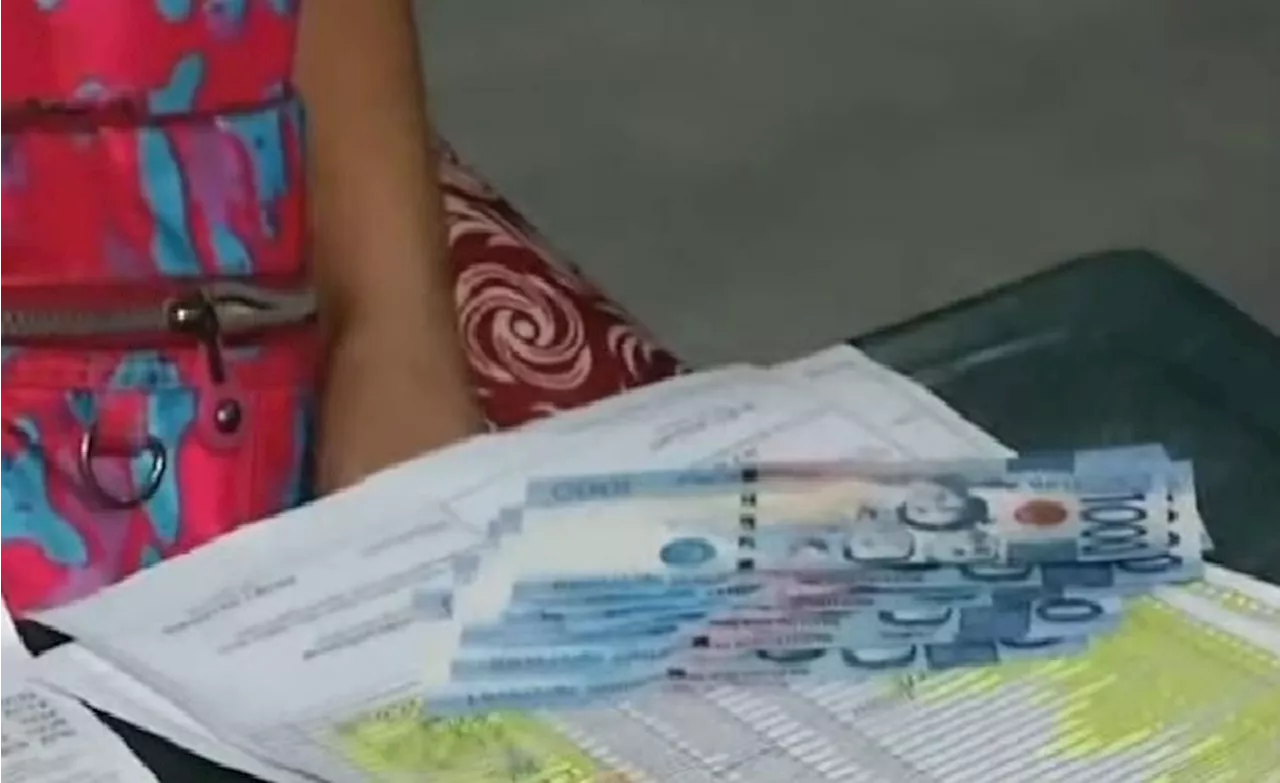 5 million near-poor Pinoys get aid from AKAP in 2024 —DSWDLatest Philippine news from GMA News and 24 Oras. News, weather updates and livestreaming on Philippine politics, regions, showbiz, lifestyle, science and tech.
5 million near-poor Pinoys get aid from AKAP in 2024 —DSWDLatest Philippine news from GMA News and 24 Oras. News, weather updates and livestreaming on Philippine politics, regions, showbiz, lifestyle, science and tech.
Read more »
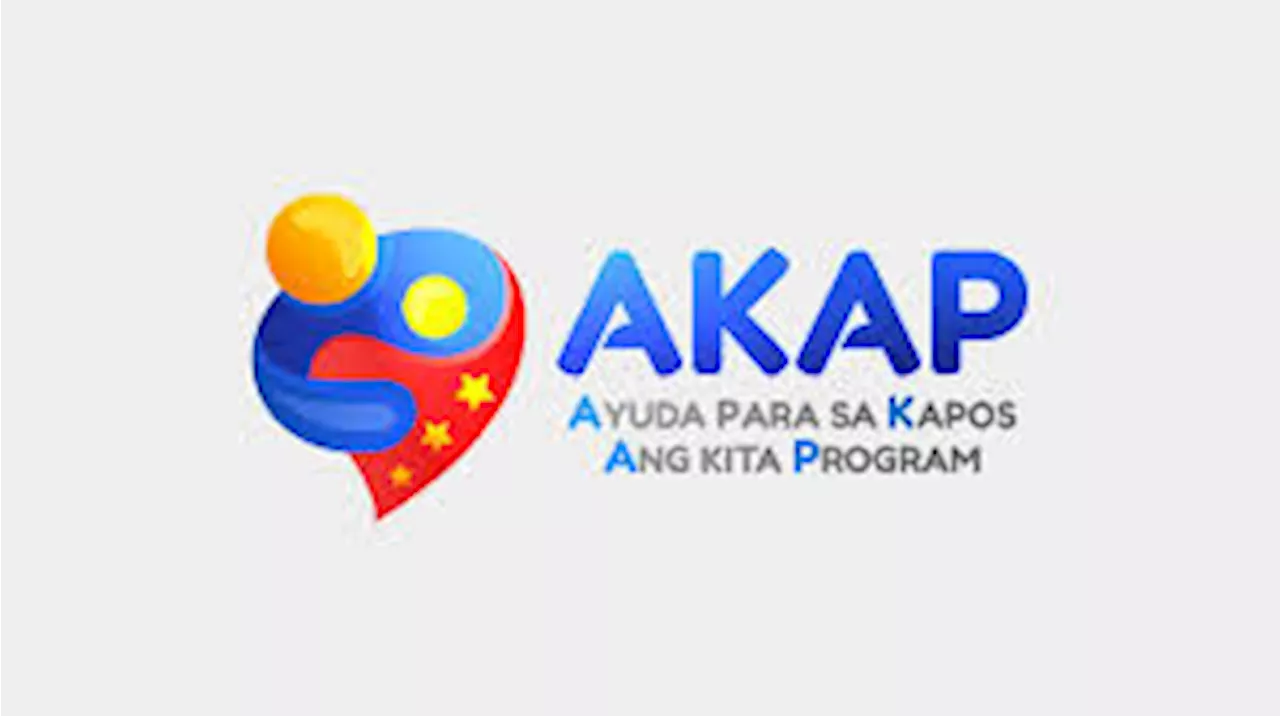 Nearly 5 Million Filipinos Benefit from AKAP in First YearThe Philippine Department of Social Welfare and Development's (DSWD) Assistance to Nationals in Crisis Situation (AKAP) program has provided aid to nearly five million near-poor Filipinos in its first year. The program, with a budget of P26.7 billion, achieved a 99.31% utilization rate, distributing cash assistance of P5,000 to eligible beneficiaries. AKAP funds were dispersed nationwide, with several regions achieving 100% utilization. As the program enters its second year, the DSWD plans to continue providing assistance to five million minimum wage earners and those living below the poverty line, guided by President Marcos' directive.
Nearly 5 Million Filipinos Benefit from AKAP in First YearThe Philippine Department of Social Welfare and Development's (DSWD) Assistance to Nationals in Crisis Situation (AKAP) program has provided aid to nearly five million near-poor Filipinos in its first year. The program, with a budget of P26.7 billion, achieved a 99.31% utilization rate, distributing cash assistance of P5,000 to eligible beneficiaries. AKAP funds were dispersed nationwide, with several regions achieving 100% utilization. As the program enters its second year, the DSWD plans to continue providing assistance to five million minimum wage earners and those living below the poverty line, guided by President Marcos' directive.
Read more »
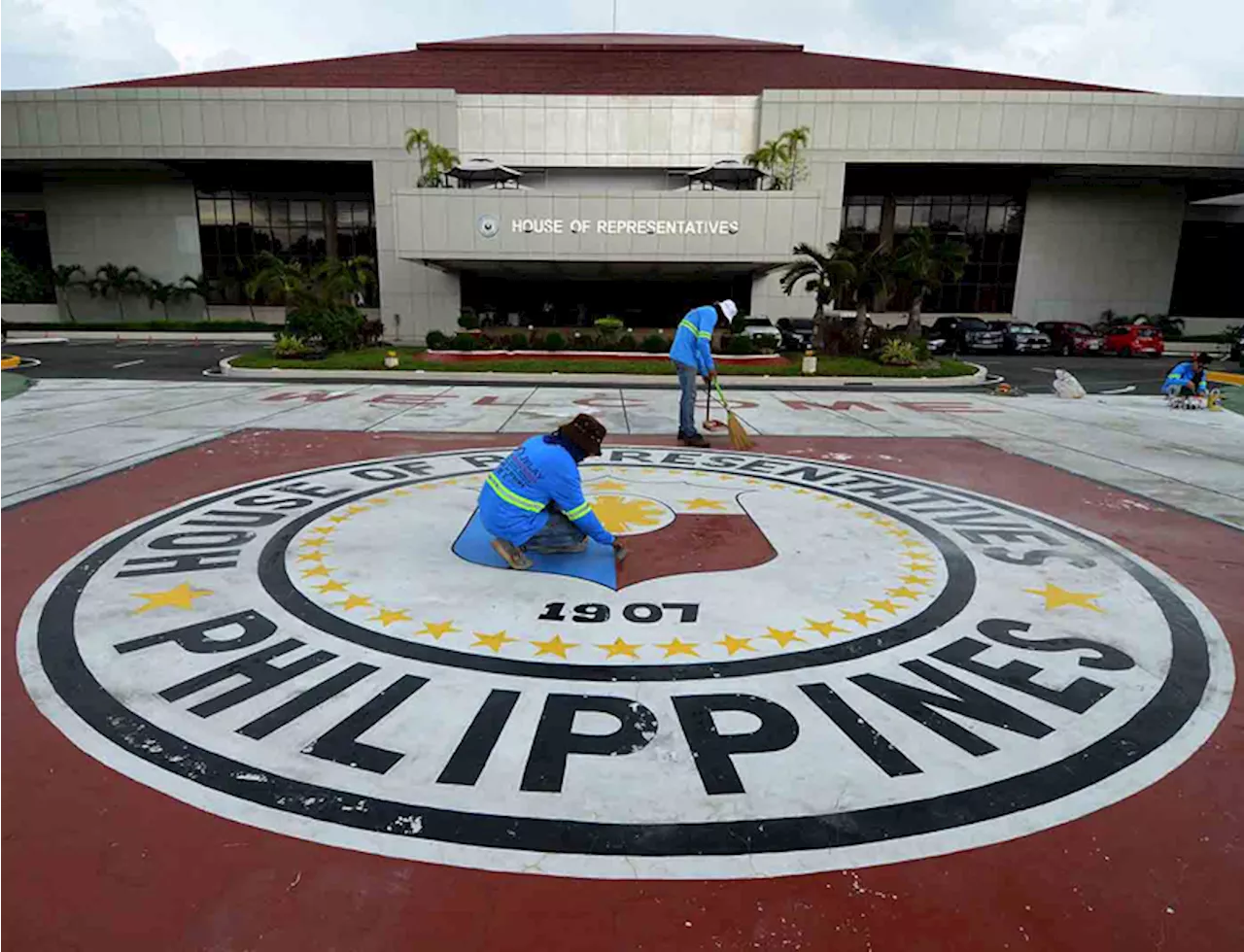 DSWD: Congress employees get AKAP benefitsMore than 400 security guards, janitors, dishwashers, and other utility personnel of the House of Representatives received aid from the Department of
DSWD: Congress employees get AKAP benefitsMore than 400 security guards, janitors, dishwashers, and other utility personnel of the House of Representatives received aid from the Department of
Read more »
 DSWD: AKAP not pork barrel as social workers vet beneficiariesSocial Welfare Secretary Rex Gatchalian on Friday said their department's Ayuda para sa Kapos ang Kita Program (AKAP) is not pork barrel and that barangay
DSWD: AKAP not pork barrel as social workers vet beneficiariesSocial Welfare Secretary Rex Gatchalian on Friday said their department's Ayuda para sa Kapos ang Kita Program (AKAP) is not pork barrel and that barangay
Read more »
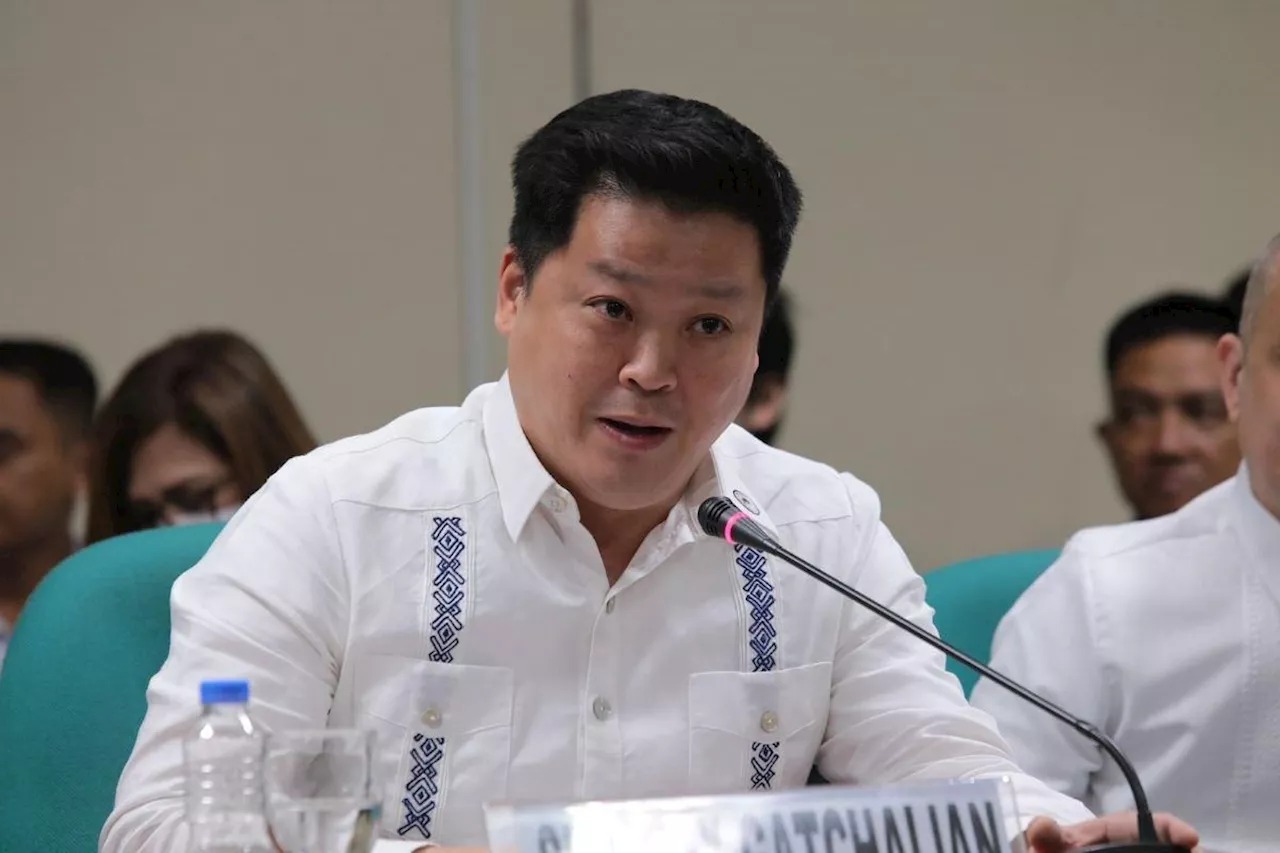 DSWD Chief Clarifies AKAP is Not Pork BarrelDSWD Secretary Rex Gatchalian refutes claims that the Kapos ang Kita Program (AKAP) is a pork barrel fund, emphasizing that it is a financial aid program for minimum wage earners and near-poor Filipinos. He clarifies the program's selection process, stating that DSWD social workers process applications and determine the assistance amount for eligible beneficiaries. Gatchalian rejects the notion that barangay officials have any role in choosing beneficiaries, as outlined in the AKAP guidelines.
DSWD Chief Clarifies AKAP is Not Pork BarrelDSWD Secretary Rex Gatchalian refutes claims that the Kapos ang Kita Program (AKAP) is a pork barrel fund, emphasizing that it is a financial aid program for minimum wage earners and near-poor Filipinos. He clarifies the program's selection process, stating that DSWD social workers process applications and determine the assistance amount for eligible beneficiaries. Gatchalian rejects the notion that barangay officials have any role in choosing beneficiaries, as outlined in the AKAP guidelines.
Read more »
